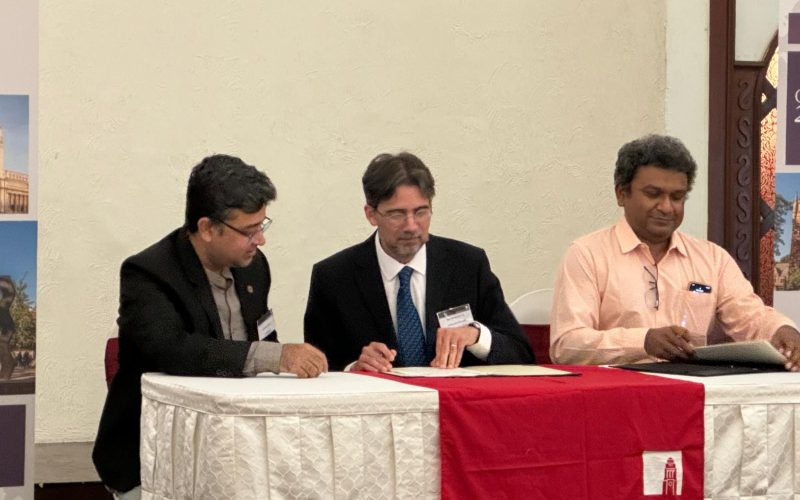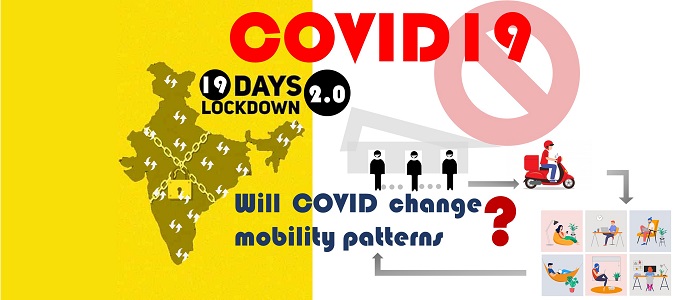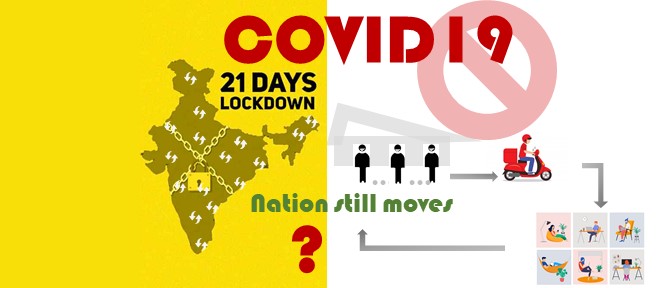
IIT Kharagpur and University of Leeds Sign MoU for Joint Supervision of PhD Programs
Indian Institute of Technology Kharagpur signed of a Memorandum of Understanding (MoU) with the University of Leeds (UoL) in recognition of the growing importance of India and a long-term partnership with University of Leeds. This collaboration aims to enhance academic and research cooperation through the joint supervision of PhD programs in the fields of Civil Engineering, Transport Studies, and Biological Sciences. A team from IIT Kharagpur was invited to join the University of Leeds’ 25-Year Celebrations in Delhi on the 28th of June 2024. This special occasion also featured the signing of the Joint External Supervision Agreement, commemorating the longstanding relationship between…


